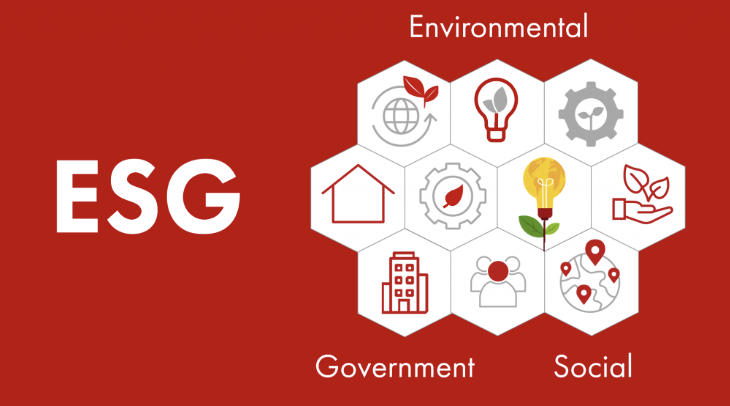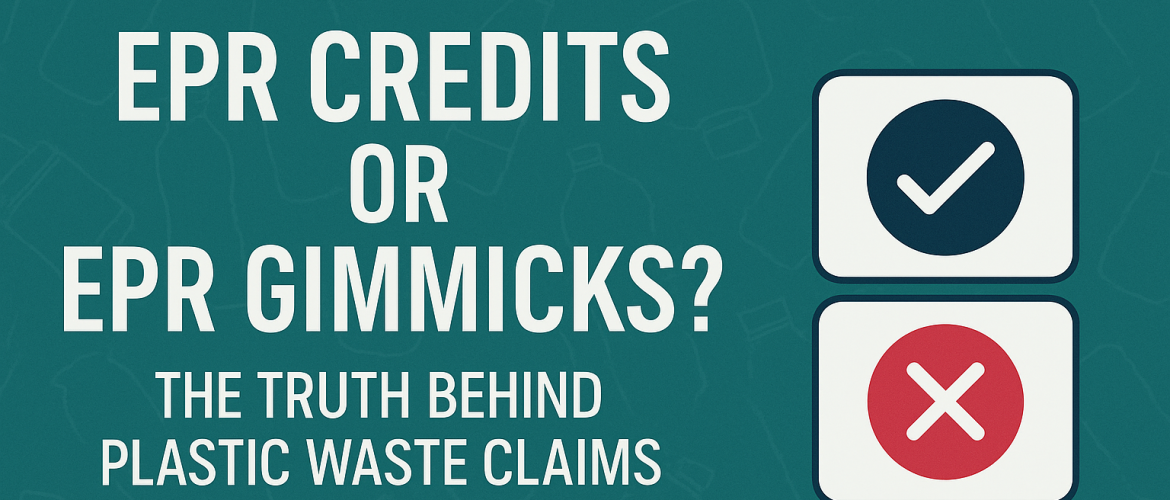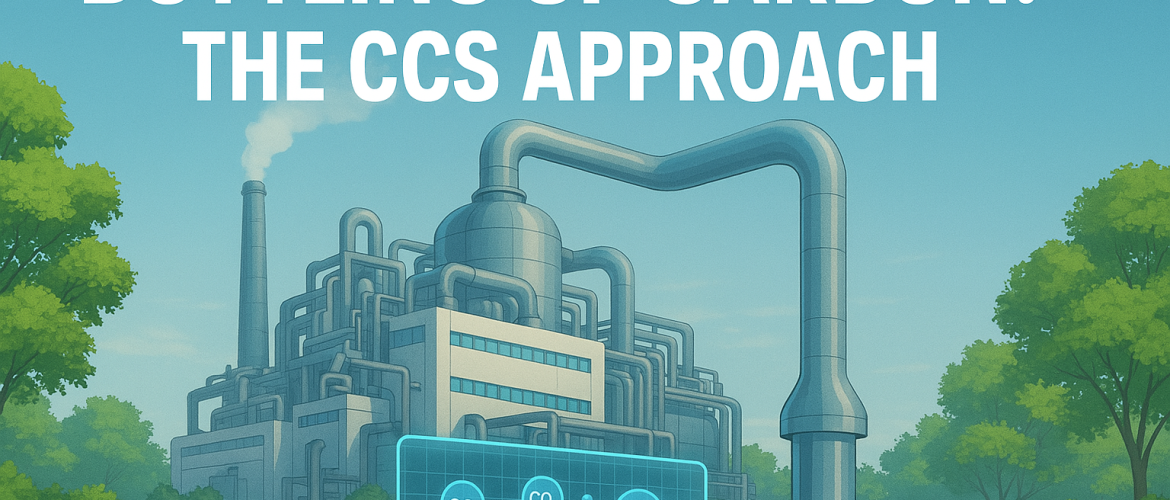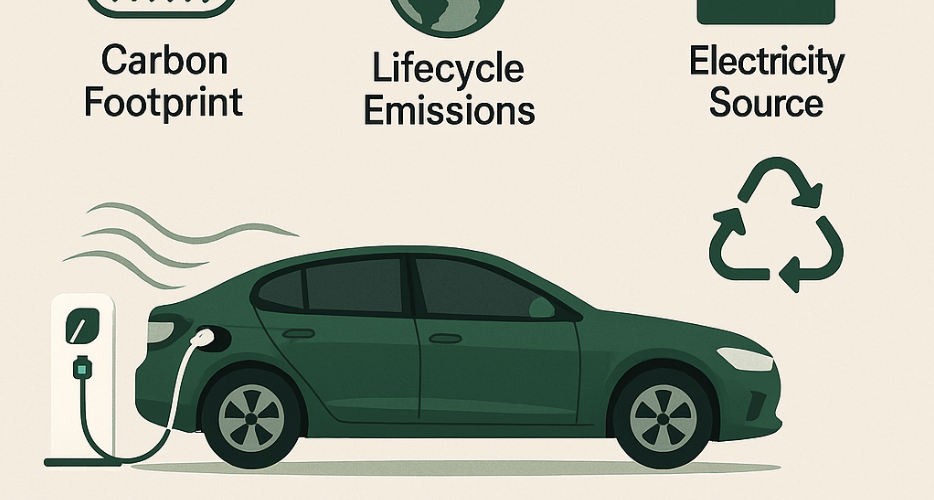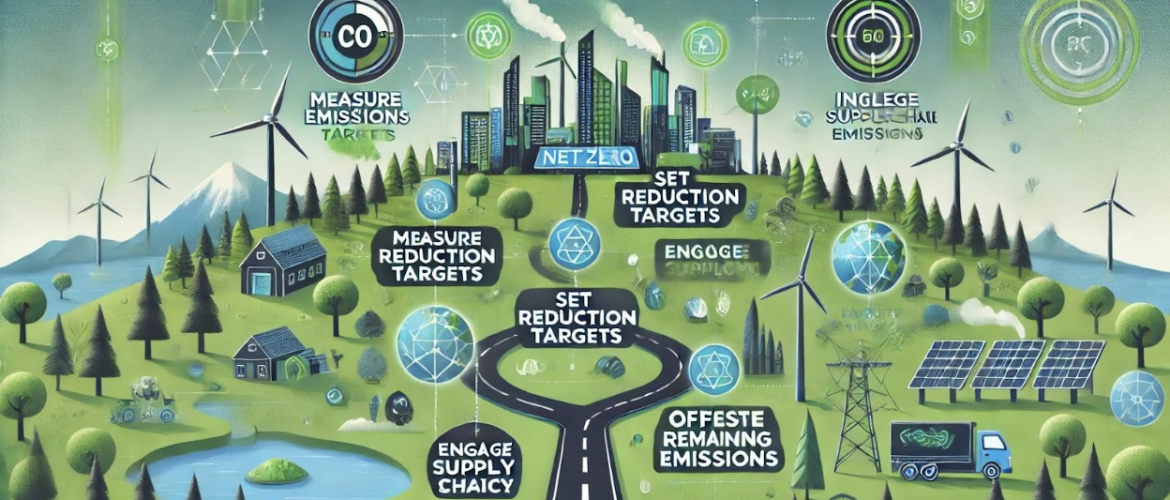Why ESG Is Not Optional Anymore: The Industrial Sector’s Role in India’s Green Goals Introduction In an era defined by climate urgency and stakeholder activism, Environmental, Social, and Governance (ESG) is no longer a corporate buzzword—it’s a business imperative. For India, a nation with ambitious net-zero goals by 2070, the industrial sector’s participation in ESG adoption is critical. With growing regulatory pressures and investor expectations, embracing ESG is not optional anymore—especially for
Sustainable Packaging or Just More Plastic? The Hidden Realities Behind the Green Labels Introduction In the race toward environmental responsibility, sustainable packaging has emerged as a key buzzword. From “biodegradable” wrappers to “eco-friendly” containers, industries are rebranding to appeal to environmentally conscious consumers. But beneath the green labels and recycled logos lies a question few dare to ask: Are we truly adopting sustainable packaging, or just reinventing plastic in a more marketable form? This
Green Chemistry: Innovation Reducing Toxic Footprints in the Chemical Industry Introduction: Why Green Chemistry Is Central to Industry Transformation As global industries confront the dual challenge of increasing production and reducing environmental burdens, the chemical sector stands at a pivotal crossroads. Historically linked with emissions, hazardous waste, and intensive resource consumption, chemical manufacturing is being redefined through green chemistry—a discipline focused on minimising environmental impact at the molecular level. This article explores how sustainable chemical processes, green innovation, and
Introduction Today, sustainability is no longer just a trend—it’s a necessity. Among the tools promoting environmental responsibility, Extended Producer Responsibility (EPR) stands out, especially regarding plastic waste management. However, as EPR gains traction in corporate sustainability reporting, concerns are emerging. Are these EPR credits truly driving environmental change, or are they merely helping brands greenwash their image? In this blog, we dive deep into how EPR works, the rise of credit-based compliance, and why skepticism around plastic waste claims is growing. What is EPR
Carbon Markets: Trading Solutions or Just Greenwashing? In an era of heightened awareness about climate change, carbon markets have emerged as a potential solution for reducing global emissions. But as the urgency to combat climate change increases, questions arise about the true effectiveness of these markets. Are carbon markets a legitimate trading solution that can help us meet our net-zero targets, or are they just another form of greenwashing, allowing companies to appear sustainable without making real changes? In
Introduction Climate change is one of the most pressing issues of our time, and reducing carbon emissions is critical to slowing global warming. While renewable energy sources like wind and solar are gaining traction, industries such as power generation, cement, and steel manufacturing continue to rely on fossil fuels. These industries account for a significant portion of global greenhouse gas (GHG) emissions. One solution that is gaining momentum is Carbon Capture and Storage (CCS)—a technology designed to
Are EVs Truly Zero Emission? Unpacking Their Full Environmental Impact Electric vehicles (EVs) have emerged as a cornerstone of the global shift toward clean transportation. Marketed as “zero-emission” alternatives to gasoline-powered cars, EVs have gained traction for their potential to combat climate change. However, the reality is more nuanced. While they produce no tailpipe emissions, the entire lifecycle of an EV—from raw material extraction to manufacturing, energy consumption, and disposal—reveals a broader environmental footprint. To understand the true impact
Path to Net Zero: How Businesses Can Achieve Carbon Neutrality In today’s world, where climate change is no longer a distant concern, businesses are increasingly being called upon to reduce their environmental impact. The concept of “net zero” or carbon neutrality is quickly becoming a key focus, not just for governments, but for the private sector as well. Achieving carbon neutrality is critical not only for the environment but also for businesses aiming to remain competitive, sustainable, and in
Climate Chaos: Adapting to the New Business Normal The world is facing an era of unprecedented climate instability. From extreme weather events to supply chain disruptions, businesses are no longer just observers of climate change—they are on the front lines. Companies that fail to adapt risk financial instability, operational challenges, and repetitional damage. The new business normal is one where sustainability and resilience must be embedded into every decision. The Reality of Climate Chaos Rising global temperatures, erratic weather
What Are Zero Emissions and why it matters Zero emissions refer to the complete elimination of greenhouse gas emissions, particularly carbon dioxide (CO2), from human activities. This means that no harmful pollutants are released into the atmosphere from energy production, transportation, manufacturing, or other industrial processes. Achieving zero emissions is essential to mitigating the impacts of global warming and protecting ecosystems. The primary driver behind zero emissions is the urgent need to curb climate change. Rising global temperatures


